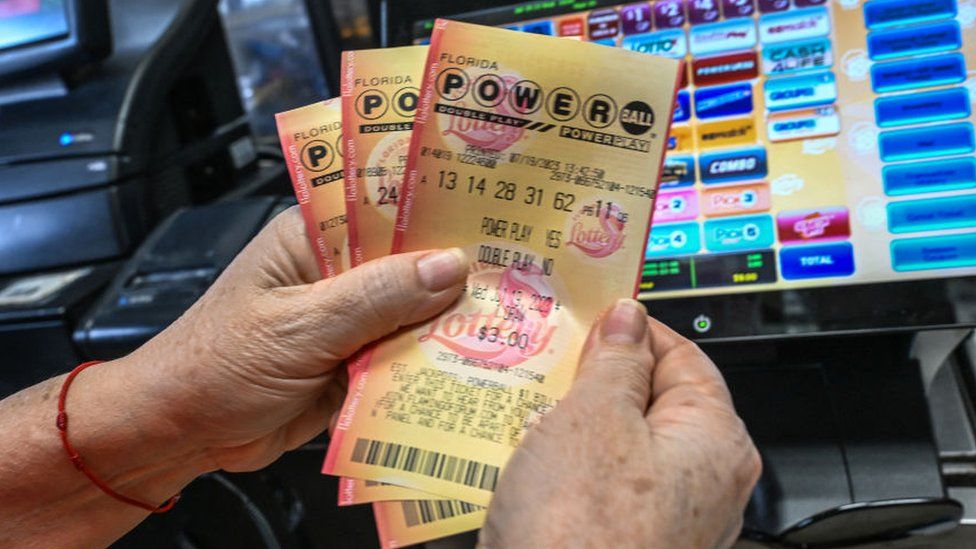Lotteries have long held a unique place in the realm of games of chance, offering participants the tantalizing prospect of turning a small investment into a life-changing fortune. While the allure of hitting the jackpot has captivated people for centuries, lottery have also been subject to criticism and controversy. In this article, we’ll delve into the history, mechanics, and societal impact of lotteries, exploring both the excitement they generate and the potential pitfalls associated with them.
Historical Perspective:
The origins of lotteries can be traced back to ancient civilizations, with evidence of lottery-like games found in Chinese, Roman, and Egyptian history. These early lotteries were used not only for entertainment but also as a means of raising funds for public projects, such as the construction of roads and monuments. Lotteries later gained popularity in Europe during the 15th and 16th centuries, becoming a widespread method of financing various endeavors.
Mechanics of Lotteries:
Modern lotteries operate on a simple premise: participants purchase tickets, each bearing a unique combination of numbers. A random drawing is then held, and the ticket matching the drawn numbers wins the jackpot. While the mechanics may be straightforward, the odds of winning a lottery jackpot are typically very low, making it a high-risk, high-reward proposition.
The Power of Dreams:
What sets lotteries apart from other forms of gambling is the profound impact a win can have on an individual’s life. The dream of financial freedom, the ability to retire early, or the opportunity to fulfill long-held desires draws millions to participate. Lotteries become not just games of chance but gateways to a different, more promising life.
